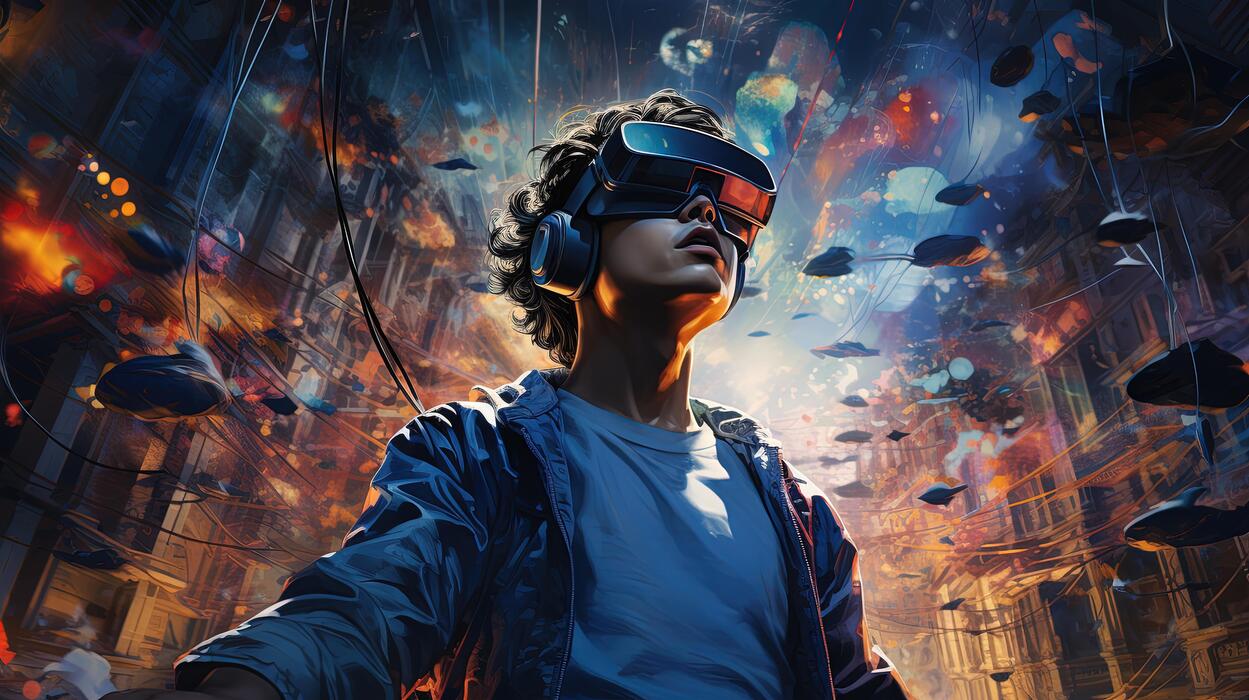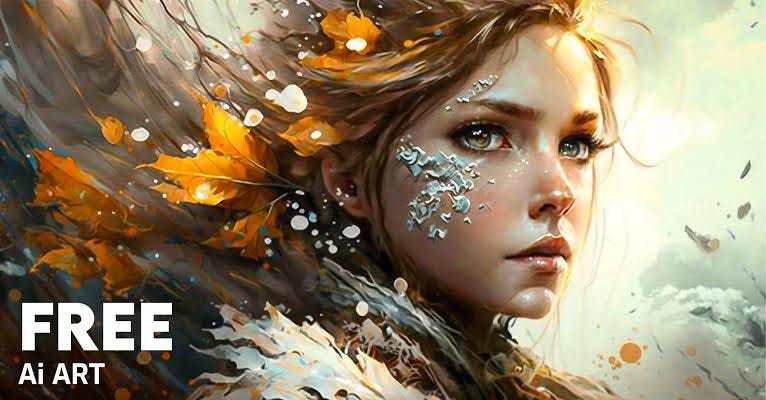Generating Original Art Without Copyright Concerns
The Artify Revolution in Digital Art Creation

Artify represents a paradigm shift in how we approach digital art generation. By leveraging advanced AI algorithms, Artify enables creators to produce unique visual content that respects copyright boundaries while offering unprecedented creative possibilities. Unlike tools that simply remix or modify existing copyrighted work, Artify creates truly original content based on learned patterns and principles rather than direct replication.
What makes Artify particularly groundbreaking is its ability to understand artistic styles, techniques, and composition principles while generating output that doesn’t infringe on existing intellectual property. This is achieved through sophisticated training on vast datasets with careful attention to copyright boundaries, followed by generative processes that create novel combinations rather than reproductions.
How Artify Navigates Copyright Challenges
Artify’s approach to copyright represents a significant advancement in AI ethics and legal compliance. Unlike earlier generative models that sometimes faced criticism for producing derivative work, Artify is designed with copyright considerations at its core, implementing several innovative approaches to ensure ethical art generation.
Key Copyright-Friendly Features
Artify incorporates multiple innovative approaches to ensure copyright compliance:
Style Emulation
Can recreate artistic styles without copying specific artworks
Pattern-Based Generation
Creates based on learned artistic principles rather than specific works
Content Filtering
Built-in systems to prevent generation of protected content
User Tip: Prompt Crafting
When using Artify, focus on describing styles, compositions, color palettes, and moods rather than requesting specific copyrighted characters, scenes, or artworks. This approach yields more original results while maintaining copyright compliance.
Ethical Use Guidelines
To maximize Artify’s potential while respecting creative rights:
- Focus on transformation: Use Artify as a starting point for further creative development
- Attribute appropriately: Acknowledge Artify’s role in your creative process when relevant
- Respect trademarks: Avoid generating content that infringes on trademarked characters or logos
- Understand limitations: Recognize that Artify’s copyright compliance has boundaries
- Combine with human creativity: Add significant human input to AI-generated foundations
Key Elements of Successful AI Art Generation

Originality
Creating work that emerges from algorithmic innovation rather than copying
Style Adaptation
Capturing the essence of styles without reproducing protected elements
Innovation
Developing fresh visual concepts rather than recycling existing ideas
Collaboration
Partnering with AI to enhance human creativity rather than replace it
Technical Excellence in AI Art Generation

Artify employs sophisticated machine learning techniques, including generative adversarial networks (GANs) and transformer models, to create high-quality visual content. The system has been trained on diverse datasets with careful attention to copyright considerations, learning fundamental principles of art and design rather than memorizing specific works.
The technology understands complex relationships between color, composition, form, and style, allowing it to generate coherent, aesthetically pleasing artwork across various genres and techniques. This technical foundation enables Artify to create original work that respects intellectual property boundaries while providing valuable creative assistance.
Transforming Artistic Creation with Artify
Artify offers powerful capabilities for original art generation while providing tools and guidance for ethical practices. By understanding its features, limitations, and the copyright considerations involved, creators can leverage this technology to produce stunning visual artwork while respecting intellectual property rights.
Start with simple experiments to understand how Artify can enhance your specific creative process, gradually incorporating it more significantly as you become comfortable with its capabilities and limitations. Remember that the most successful AI art collaborations are those where human creativity remains the driving force.